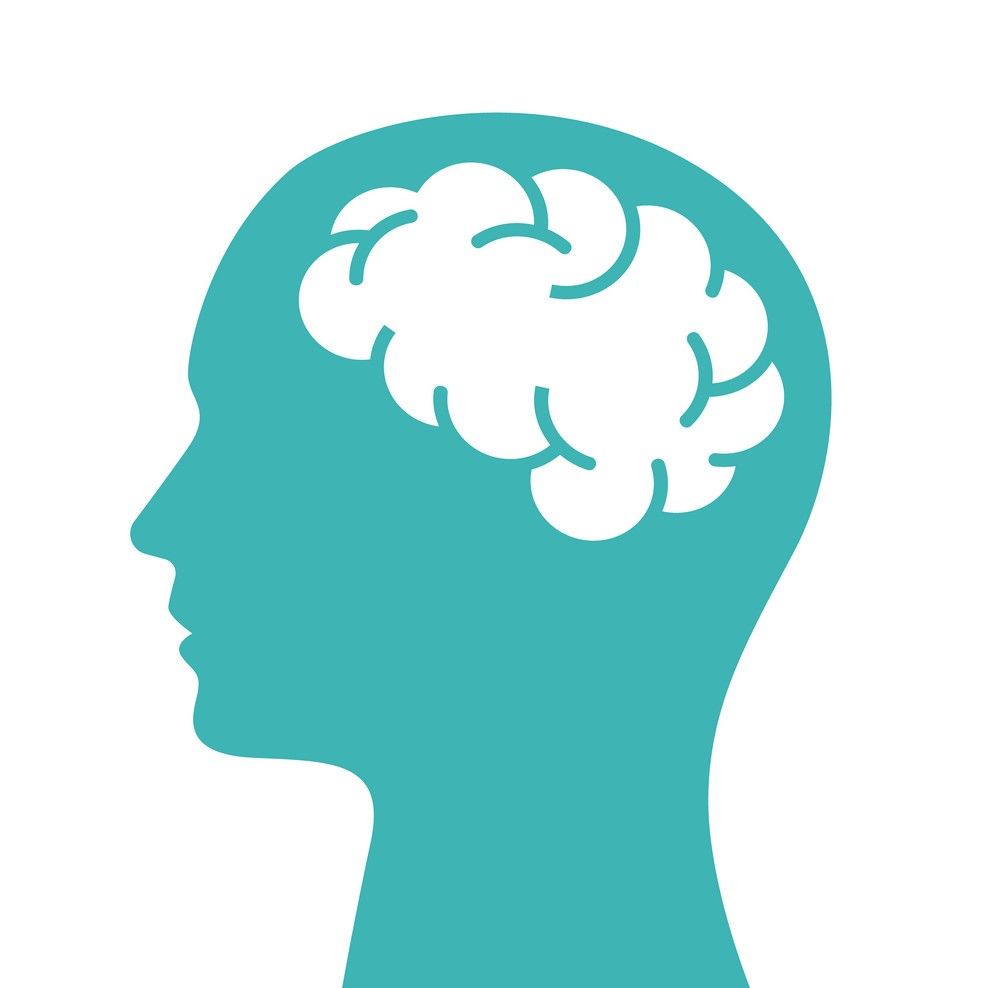VESTIBULAR MIGRAINE
Vestibular Migraine (VM) is one of the most common causes of episodic vertigo in both children and adults. It is a variant of migraine, where vestibular (inner ear balance system) symptoms such as vertigo, dizziness, nausea, and imbalance are the main complaints. Headache is not always a feature of VM. Migraine is understood to be a neurochemical event during which levels of certain neurotransmitters in the brain get out of balance. This can then lead to changes in brain neural activity, blood flow, and inflammation, which cause the symptoms people experience.
|
25 - 35% of patients attending 'dizzy clinics' are diagnosed with vestibular migraine |
Episodes usually last between 5 minutes to 72 hours |
Migraine can be worsened by trauma such as concussion or prolonged poor neck posture
|
Symptoms
Symptoms of Vestibular Migraine can include:
- Spontaneous vertigo (no trigger)
- Vertigo or dizziness triggered by positional change, head motion or visual motion
- Intolerance to head movement and motion sensitivity
- Unsteadiness/ imbalance
- Nausea and vomiting
- Ear pressure/ discomfort or noises (tinnitus) in ear, muffled hearing or sound sensitivity
- Visual blurring, visual aura (missing vision or lights/shapes in vision), sensitivity to light
- Headache (during or after)
- Fatigue
- Smell sensitivity
- Sensory change such as spreading numbness
| During a VM event, most people have nystagmus, which are jerky eye movements. These can be seen with special goggles that remove the ability to focus the eyes. These eye movements can sometimes mimic nystagmus caused by other vestibular disorders such as BPPV, vestibular neuritis or Meniere's Disease. Between VM episodes, vestibular and balance examinations tend to be normal, though sometimes imbalance or low-grade nystagmus is still present. Migraine is described as being a disorder of sensory processing and that the brain is 'sensitised' compared to a non-migraine brain. The brain has increased excitability occurring during the processing of sensory information. This means that the brain is 'working at higher revs' and is more easily stimulated to the point of getting a migraine than a non-migraine brain. VM is associated with anxiety disorders, PPPD, fibromyalgia, and gastro-intestinal dysfunction like IBS. This association is thought to be due to abnormalities in certain chemical pathways. |
Diagnoses
The diagnosis of VM is made on the person's history, physical examination and sometimes specialised vestibular testing, which can rule out other vestibular disorders. People with VM sometimes report a childhood history of motion sickness, positional vertigo or unexplained abdominal pains, or a family history of migraine. VM diagnosis can be complicated as there are other vestibular disorders that can coexist with VM, including as BPPV and Meniere's Disease.
How can we help you at Physiocare Seven Hills?
|  |
Managing Vestibular Migraine usually takes a multi-pronged approach. Recent literature supports assessing the upper cervical spine (C0/1, C1/2 and C2/3) for any motion segment dysfunction and/or muscle spasm and treating this if appropriate. This approach consists of neck manual therapy, posture advice and individualised exercises.
| Additional Approaches Include:
| Literature has suggested that some over-the-counter supplements such as high dose Magnesium (600mg) and Riboflavin (400mg), co-enzyme Q10 or combinations such as Reme-D or Migraine Care (Bioceuticals) can be useful in preventing migraine. Other useful supplements include Creatine, Omega 3 fatty acids and Tumeric. This should be discussed with your therapist and GP before trialling. Migraine is also managed medically, with the use of preventer medications, medication for use during an attack and medications to help with symptom relief such as pain killers or antinausea medications. GPs and Neurologists can suggest the most appropriate management with medication. |